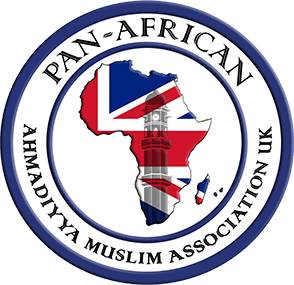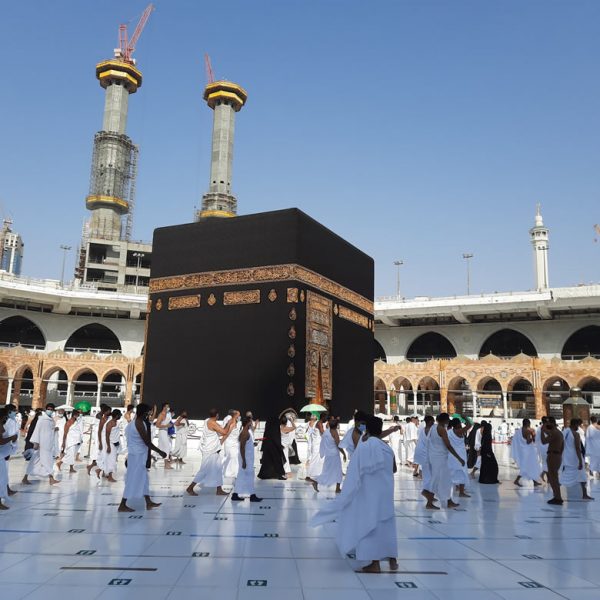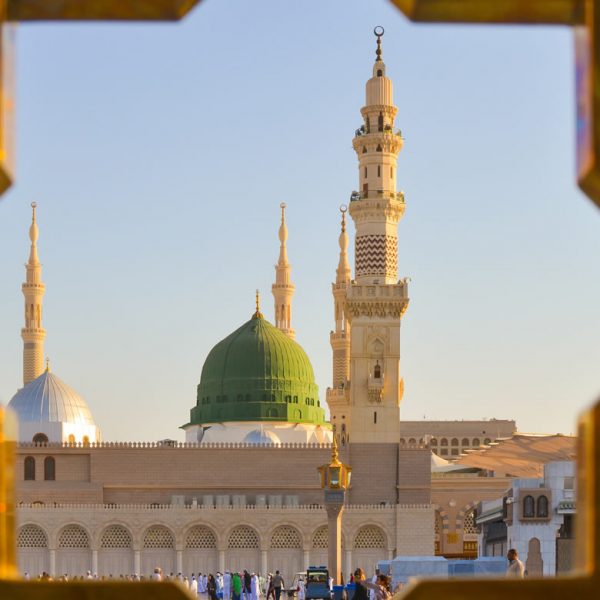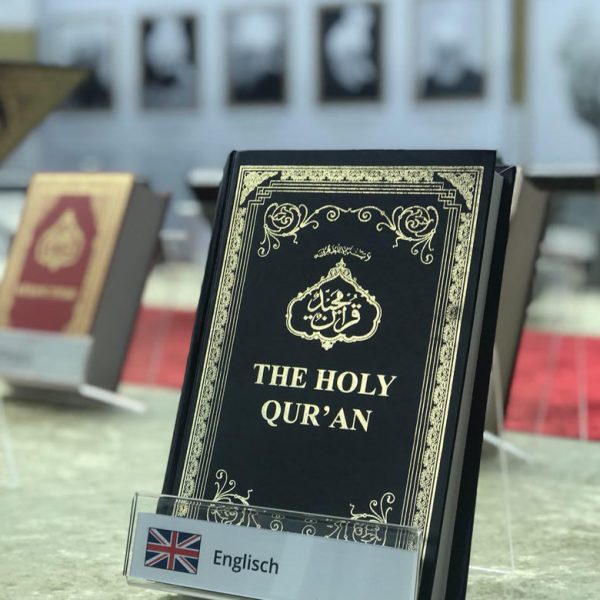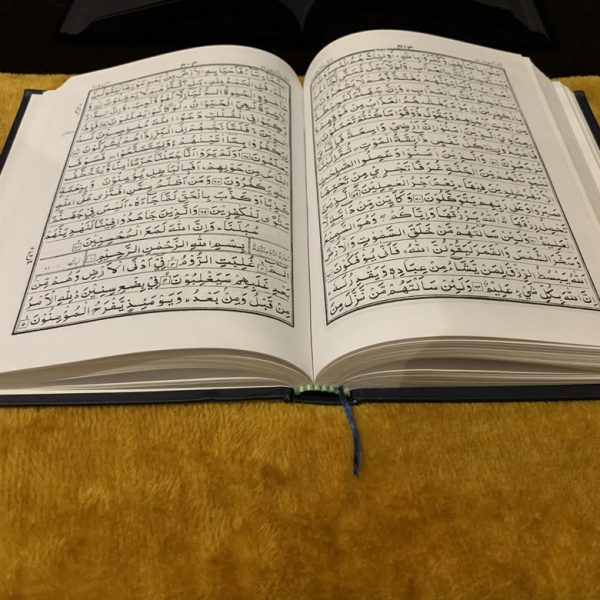ABOUT ISLAM
The word ‘Islam’ literally means peace and submission to the will of Allah the Creator.
It was founded by Prophet Muhammad (peace and blessings of Allah be upon him) over 1400 years ago in Arabia. Prophet Muhammad (peace and blessings be upon him) received revelation from Allah (God) in which he was told that Islam was the final and most complete religion for mankind. The followers of Islam are called Muslims.
Islam’s holy book is the Holy Qur’an and this was revealed by Allah to Prophet Muhammad (peace and blessings of Allah be upon him). It is a source of complete guidance. Its teachings are in accord with human nature. Islam is a religion revealed for the whole of mankind for all time to come.
THE FOUNDER OF ISLAM
Prophet Muhammad (peace and blessings of Allah be upon him) (570-632 CE) was born in Makkah (Mecca), Arabia. He was known for his honesty and piety. He was also inspired with a strong love for Allah and mankind.
He married at the age of twenty-five. Fifteen years later he received his first Qur’anic revelation from Allah whilst meditating in a cave called Hira near Makkah. This marked the beginning of the mission of Muhammad (peace and blessings of Allah be upon him) as the Apostle of Allah. His prime message was the Unity of Allah and he continued to stress this throughout his life.
True to his character, Prophet Muhammad (peace and blessings of Allah be upon him) practised what he preached and provided a living example of all that Islam teaches. His humility, truthfulness, tolerance, resolve, courage, kindness and wisdom remain exemplary.
For more on the Prophet Muhammad (peace be upon him), see ‘The Prophet Muhammad’
THE BOOK OF ISLAM
The Holy Qur’an is the holy book of Islam. It is the Word of Allah and was revealed to Prophet Muhammad (peace and blessings be upon him) over a period of 23 years. It is spread over 30 parts and has 114 chapters.
It contains a vast array of teachings and is a comprehensive code of conduct for mankind. It also contains numerous prophecies many of which have been fulfilled and many more that remain to be fulfilled.
The Holy Qur’an was revealed and written in Arabic. The word Qur’an means something that is recited repeatedly and indeed Muslims recite the Holy Qur’an many times over in their lives. Despite being over 1400 years old, the Qur’anic text has remained intact – as promised in the Qur’an by Allah Himself. The translation of the Holy Qur’an is now also available in more than fifty languages including English.
THE TEACHINGS OF ISLAM
Allah revealed religion to mankind gradually through His prophets at different times and to different peoples. Muslims are required to believe in and respect all prophets and their teachings. This religious guidance from Allah was completed and perfected through Islam.
The key teachings of Islam are known as the Five Pillars of Islam:
1. SHAHADAH (DECLARATION OF FAITH)
This is the declaration of one’s faith in the unity of Allah and acceptance of Prophet Muhammad (peace and blessings of Allah be upon him) as a messenger of Allah. The meaning of the actual declaration is “I bear witness that there is none worthy of worship except Allah and I bear witness that Muhammad is the Messenger of Allah” (Allah means The Possessor of all perfect qualities and free from all kinds of defects and frailties.
2. SALAT (PRAYER)
Muslims must offer the five daily prayers to develop and benefit from a personal relationship with Allah. Islam, a name given by Allah to this religion (Quran 5:4), is an Arabic word which literally means Peace and Submission to the will of Allah the Creator. ISLAM is derived from the Arabic root “SALIMA”: peace, purity, submission and obedience. So ‘Islam’ would mean the path of those who are obedient to Allah and who establish peace with Him and His creatures. Its followers are called Muslims.
3. SAUM (FASTING)
Muslims must fast during the holy month of Ramadan. Whilst fasting, Muslims cannot eat nor drink between dawn and dusk. Some people are exempted from fasting including the sick, pregnant or nursing mothers, young children and those on journeys. During Ramadan, Muslims make an extra effort to remember Allah and to seek His forgiveness.
4. ZAKAT (ALMS GIVING / CHARITY)
Charity towards man, in the widest sense of the word, is the cornerstone of the Islamic society and a constant theme in the Quranic teachings. There are two kinds of charities in Islam: the obligatory and the voluntary. The obligatory charity is called Zakat while the voluntary charity is called Sadaqah. Muslims are required to give a fixed proportion of their wealth for the benefit of the poor and needy. The basic rate is normally 2.5% of one’s annual savings.
5. HAJJ (PILGRIMAGE TO MAKKAH)
The fifth act of Islamic worship is the performing of the Hajj or the pilgrimage to Mecca. A Muslim must perform this pilgrimage at least once in his or her lifetime if economic and political conditions are favourable. The focal point of this pilgrimage is the Ka’ba, which was rebuilt by Prophet Abraham (peace be upon him), some 4,000 years ago. Today, the Ka’ba stands in the middle of a large courtyard of Masjid Al-Haraam or the Sacred Mosque. The courtyard of Masjid Al-Haraam contains, besides Ka’ba, the Maqaamu Ibrahim and the fountain of Zamzam.
